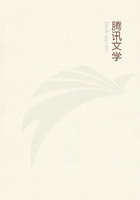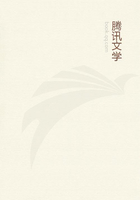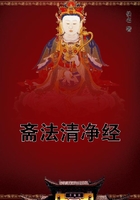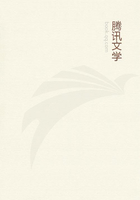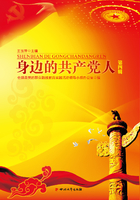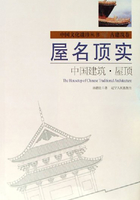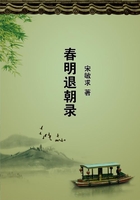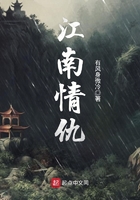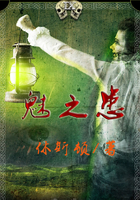67. The subjection of a minor places in the father a temporary government which terminates with the minority of the child; and the honour due from a child places in the parents a perpetual right to respect, reverence, support, and compliance, to more or less, as the father's care, cost, and kindness in his education has been more or less, and this ends not with minority, but holds in all parts and conditions of a man's life. The want of distinguishing these two powers which the father hath, in the right of tuition, during minority, and the right of honour all his life, may perhaps have caused a great part of the mistakes about this matter. For, to speak properly of them, the first of these is rather the privilege of children and duty of parents than any prerogative of paternal power.
The nourishment and education of their children is a charge so incumbent on parents for their children's good, that nothing can absolve them from taking care of it. And though the power of commanding and chastising them go along with it, yet God hath woven into the principles of human nature such a tenderness for their offspring, that there is little fear that parents should use their power with too much rigour; the excess is seldom on the severe side, the strong bias of nature drawing the other way. And therefore God Almighty, when He would express His gentle dealing with the Israelites, He tells them that though He chastened them, "He chastened them as a man chastens his son" (Deut. 8. 5)- i.e., with tenderness and affection, and kept them under no severer discipline than what was absolutely best for them, and had been less kindness, to have slackened. This is that power to which children are commanded obedience, that the pains and care of their parents may not be increased or ill-rewarded.
68. On the other side, honour and support all that which gratitude requires to return; for the benefits received by and from them is the indispensable duty of the child and the proper privilege of the parents. This is intended for the parents' advantage, as the other is for the child's; though education, the parents' duty, seems to have most power, because the ignorance and infirmities of childhood stand in need of restraint and correction, which is a visible exercise of rule and a kind of dominion. And that duty which is comprehended in the word "honour" requires less obedience, though the obligation be stronger on grown than younger children. For who can think the command, "Children, obey your parents," requires in a man that has children of his own the same submission to his father as it does in his yet young children to him, and that by this precept he were bound to obey all his father's commands, if, out of a conceit of authority, he should have the indiscretion to treat him still as a boy?
69. The first part, then, of paternal power, or rather duty, which is education, belongs so to the father that it terminates at a certain season. When the business of education is over it ceases of itself, and is also alienable before. For a man may put the tuition of his son in other hands; and he that has made his son an apprentice to another has discharged him, during that time, of a great part of his obedience, both to himself and to his mother. But all the duty of honour, the other part, remains nevertheless entire to them; nothing can cancel that. It is so inseparable from them both, that the father's authority cannot dispossess the mother of this right, nor can any man discharge his son from honouring her that bore him. But both these are very far from a power to make laws, and enforcing them with penalties that may reach estate, liberty, limbs, and life. The power of commanding ends with nonage, and though after that honour and respect, support and defence, and whatsoever gratitude can oblige a man to, for the highest benefits he is naturally capable of be always due from a son to his parents, yet all this puts no sceptre into the father's hand, no sovereign power of commanding. He has no dominion over his son's property or actions, nor any right that his will should prescribe to his son's in all things; however, it may become his son in many things, not very inconvenient to him and his family, to pay a deference to it.
70. A man may owe honour and respect to an ancient or wise man, defence to his child or friend, relief and support to the distressed, and gratitude to a benefactor, to such a degree that all he has, all he can do, cannot sufficiently pay it. But all these give no authority, no right of making laws to any one over him from whom they are owing. And it is plain all this is due, not to the bare title of father, not only because as has been said, it is owing to the mother too, but because these obligations to parents, and the degrees of what is required of children, may be varied by the different care and kindness trouble and expense, is often employed upon one child more than another.
71. This shows the reason how it comes to pass that parents in societies, where they themselves are subjects, retain a power over their children and have as much right to their subjection as those who are in the state of Nature, which could not possibly be if all political power were only paternal, and that, in truth, they were one and the same thing; for then, all paternal power being in the prince, the subject could naturally have none of it. But these two powers, political and paternal, are so perfectly distinct and separate, and built upon so different foundations, and given to so different ends, that every subject that is a father has as much a paternal power over his children as the prince has over his. And every prince that has parents owes them as much filial duty and obedience as the meanest of his subjects do to theirs, and can therefore contain not any part or degree of that kind of dominion which a prince or magistrate has over his subject.

